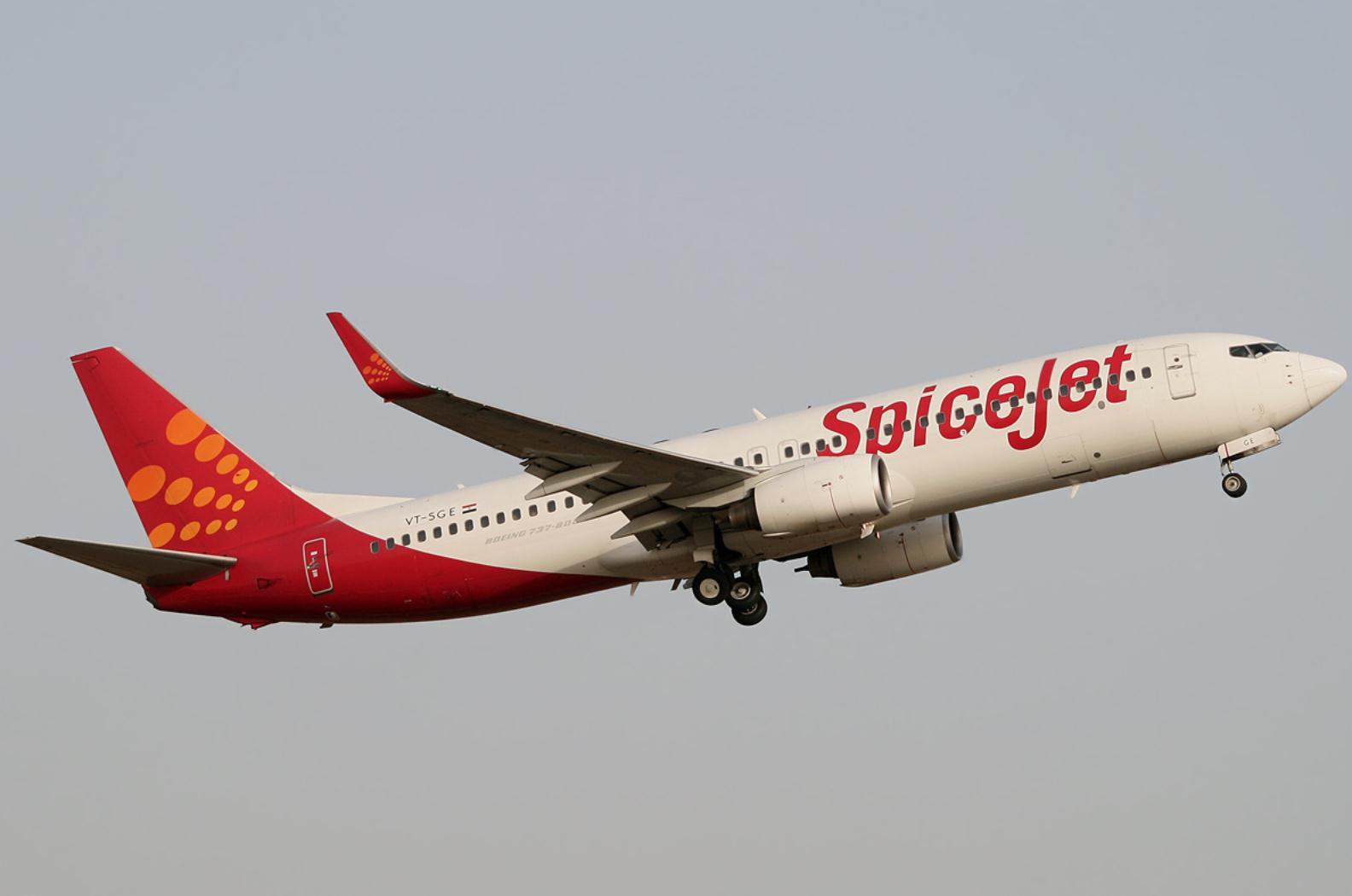Airline operators colluding on fuel surcharges has not gone down well with an Indian fair play body. The Competition Commission of India (CCI) has imposed fines on Jet Airways, IndiGo Airlines and SpiceJet for colluding on fixing and revising fuel surcharge rates on cargo flights.
In its order, the CCI imposed a fine amounting to Rs398.1 million (US$5.89 million) on Jet Airways, Rs94.5 million (US$1.39 million) on IndiGo and Rs50 million (US$740,000) on SpiceJet for, among other things, colluding to fix a uniform fuel surcharge rate for cargo transportation.
The penalty was imposed at the rate of 3% of the average relevant turnover from cargo operations.
As far back as 2015, the CCI imposed a cumulative penalty of Rs2.57 billion (US$37.81 million) on the same airlines on the same allegation. However, at that time, the CCI did not find merit in the allegations that the airlines were engaged in anti-competitive conduct.
The airlines filed an appeal against the 2016 order in the Competition Appellate Tribunal, which set aside the CCI order on technical grounds.

The airlines are alleged to have imposed the fuel surcharge on transporting cargo in 2008, when the price of air turbine fuel was high and sold at a fixed rate. The airlines were accused of increasing the fuel surcharge on regular intervals which did not correspond with an increase in the fuel prices – and imposed the surcharge even when the fuel rates were low by acting in concert and uniformly increasing the surcharge.
The CCI admonished the airlines for using the surcharge as a pricing tool which was essentially introduced to mitigate fuel price volatility. The final order was passed by the CCI pursuant to the directions issued by the Competition Appellate Tribunal remanding the matter back while setting aside the CCI’s original order.
In their reply, each of the airlines justified the levy and changes in the surcharge rate during the period from May 2008 to August 2013 due to changes in fuel prices and the fluctuating US dollar-Indian rupee exchange rate. Jet Airways also pled to a declining market share; the airline also pointed out other factors, such as agents who were common to the three airlines and provided a crucial link in providing market intelligence to the concerned airlines.
SpiceJet also pled that the air cargo industry is extremely competitive due to the presence of large dedicated cargo operators such as Blue Dart Aviation having their own freight aircraft in India.
The CCI, while rejecting their argument, said that in 2008, all airlines including Jet Airways, IndiGo and SpiceJet had implemented fuel surcharges on the same date and all of them had levied a rate of Rs5 (US$0.07) per kg at the same time.
Further, the CCI noted that for the period April-June 2011, the airlines had increased the surcharge rate by the same amount – Rs9 (US$0.13) per kg – and that Indigo and SpiceJet had increased fuel surcharge rates in June 2012, September 2012 and again in November 2012 on the same dates.
The CCI held that a holistic and comprehensive appreciation of revisions effected by the airlines in fuel surcharges indicates concerted and coordinated efforts by the airlines. Increasing by the same increments on the same date or a nearby date is reflective of some sort of understanding amongst the parties. Further, it has been admitted by the airlines that they have common agents and that these agents act as a conduit for exchange of information with respect to rates levied on cargo handled and changes in fuel surcharges proposed to be implemented which has not been disputed.
Thus, it was held that the airlines acted in parallel and that the only plausible reason for having the same increment of increase in fuel surcharge rates was collusion.
By Jagdish Kumar
India Correspondent | Mumbai



